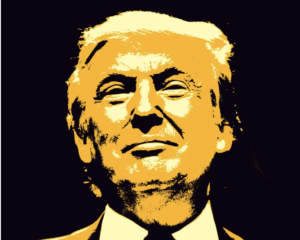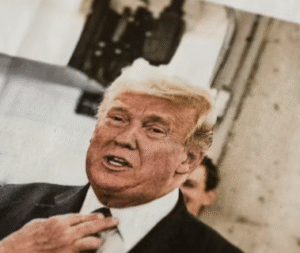$SPY $DIA $GLD
#YaleUniversity #TreasurySecretary #TrumpAdministration #PoliticalNews #FinancialMarkets #PublicAppeal #EthicsInPolitics #LeadershipDecision #EconomicPolicy #AlumniPressure #WhiteHouse #GovernmentService
In a striking move that has caught the eye of both the political and academic worlds, a cohort of Yale University alumni has made a public plea to Treasury Secretary Bessent. Their urgent message: reconsider your role within President Trump’s White House. This group of concerned alumni, deeply connected by their shared educational roots, articulates a profound worry about the ethical implications and the broader ramifications of Bessent’s continued service under the Trump administration. Their action underscores the ongoing debate about the responsibilities of public officials to both their personal integrity and the societal standards they are expected to uphold.
This action by the Yale alumni is not just a reflection of personal or political beliefs; it’s a symbol of a broader societal concern about the intersection of politics, public service, and moral accountability. The alumni’s appeal to Bessent is cast against the backdrop of a deeply polarized America, where the choices of those in high office are scrutinized for both their political and ethical implications. By urging Bessent to reassess his position, they are tapping into the larger discourse on the role of government officials in fostering an administration that aligns with the nation’s core democratic values and principles.
In response to his Yale classmates, Treasury Secretary Bessent called it an “honor” to serve in the Trump administration. This acknowledgment highlights the complex interplay between personal honor, duty to one’s country, and the expectations set forth by peers and the society at large. Bessent’s stance is a vivid reminder of the difficult choices and trade-offs faced by public servants, especially in an era marked by unprecedented political divides and challenges to democratic norms. His reaction also prompts a deeper consideration of what it means to serve with honor in a contentious political landscape, and how such service is perceived by different segments of society.
The call from the Yale alumni represents more than just a concern for one individual’s career path; it embodies the broader anxieties and hopes of a segment of the American populace regarding the direction of their country’s leadership. It raises essential questions about the nature of public service, the imperatives of ethical leadership, and the ways in which individuals navigate the often murky waters of political allegiance and moral responsibility. Regardless of the immediate outcome, this episode serves as a poignant reminder of the ongoing dialogue between the standards of public service and the expectations of the governed, a conversation that remains ever-relevant in the shaping of our public institutions and their leaders.







Comments are closed.